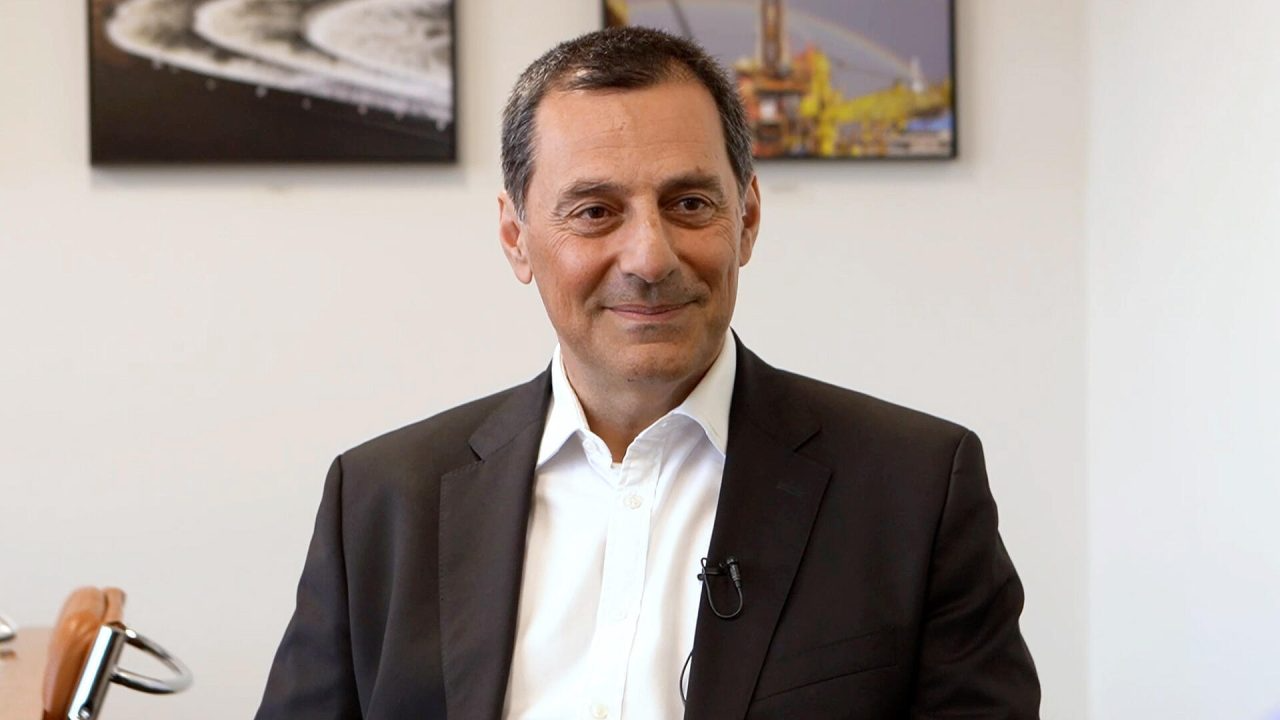
Energean covers more than 50% of Israel's natural gas needs, noted Mathios Rigas, CEO of Energean Group, speaking during a discussion organized at the Greek pavilion at the COP29 conference.
He noted that Israel is a successful example of decoupling from imports and achieving energy self-sufficiency based on timely decision-making. On the other hand, he cited the example of Egypt, which is suffering from power cuts precisely because of its gas shortage.
SPEED IN DECISIONMAKING
"In order for investments to proceed, quick decisions are required from governments, far from bureaucratic red tape, as is the case in Israel. There must also be a clear and stable fiscal and institutional framework. The case of Egypt is typical here, where tax rates have remained unchanged for almost 100 years," said Mr. Rigas. He added that when there is a vision, as in the case of the CO2 storage project in Prinos, the competent authorities respond and ensure timely licensing and the necessary financing for implementation.
PRINOS CO2
Speaking about the Prinos project, Nicholas Rigas, Head of CO2 Storage Sector at EnEarth, a subsidiary of Energean, noted that it is one of the most advanced CO2 storage projects in Europe. It has been included in the EU's PCI and has already been approved €150 million in funding for the first phase of the project under the CIP.
He said,
- the possibility of storing 1 million tonnes of CO2 per year in complete safety has been confirmed, as the Prinos reservoir is considered ideal for the CO2 storage process
- EnEarth has submitted an application to the NPPF for a CO2 Storage Licence for 1 million metric tons per year. The necessary geophysical and technical studies are underway, which will confirm the possibility of storing 3 million metric tons per year with the implementation of the second phase.
- Mr. Rigas noted that "this will be a very good start, even if it is not sufficient to meet the needs of the industry in Greece and neighbouring regions.". He added, however, that a series of wells will be required to confirm in practice the storage capacity and the ideal frequency of CO2 injection.
BIOCOMPATIBILITY
As Rigas stressed, the key issue under discussion at COP 29 is securing the financial resources needed for the projects that need to be carried out under climate action, noting that the project at Prinos will require an investment of more than €1 billion and it is critical to ensure the economic viability of the entire chain, from capture to storage.
It should be noted that EnEarth has already submitted a proposal under the Connecting Europe Facility for financing the second phase of the project, which concerns the construction of the LNG receiving station, the design of which has been completed. The station is absolutely necessary to serve the quantities of CO2 that will arrive for storage in Príno.
WHAT'S NEXT
In order to start the construction of the Prinos CCS project, the following is required:
- the completion by the State of the regulation for the entire CO2 capture and storage chain
- the approval of the storage permit by the NDEP
- the submission for public consultation of the Environmental and Social Impact Study
- the completion of a binding market test within the first quarter of 2025
- the conclusion of contracts with the company(ies) that will receive storage space
taking a final investment decision within the first half of the year
Provided this timetable is met, the storage facility could be licensed in the first half of 2026 and start receiving quantities of compressed CO2 at the end of the year.






